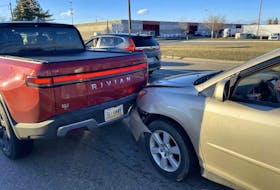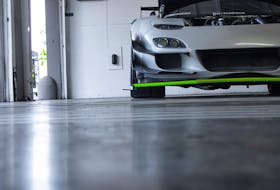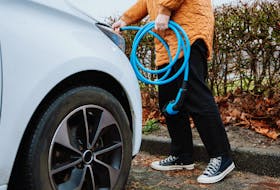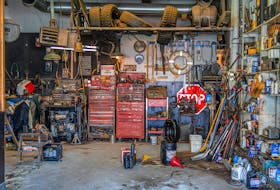Cars are machines made of various components, assemblies and systems that can (and do) eventually wear down, wear out, and fail.
Regular maintenance, inspections and care are required to keep this process from happening too quickly and failing to maintain a vehicle properly will inevitably shorten its life and lead to higher operating costs.
This is one of several reasons that buying a used car can be fraught with so much uncertainty.
Even the most reliable used car on the lot can be a headache waiting to happen if it’s been poorly cared for by previous owners.
Below, in this week’s used-car guide, I’m suggesting three assumptions that used-car shoppers should make before buying any used vehicle, every single time. Working backwards from an expectations standpoint and engaging with the reality that care and maintenance go further toward trouble-free operation than the badge on the hood, are the name of the game.
So, if you’re shopping out a new-to-you ride this spring, approach any vehicle assuming the following to be true, until you have proof to the contrary, ideally via a satisfactory pre-purchase inspection completed by a professional.
Assumption 1: Remaining warranty coverage is void
If the used car you’re considering is still within its factory warranty period, assume any remaining warranty to be void, in part or full, until you’ve got proof to the contrary.
To maintain a vehicle’s warranty in good standing, owners must strictly adhere to a service and inspection schedule, which can be found in the owner’s manual of that specific vehicle.
Do not underestimate how many owners fail to follow this schedule, follow it poorly, or decide to skip or stretch certain maintenance intervals.
Damage, issues or wear related to a failure to properly and regularly inspect and maintain the vehicle will typically not be covered by warranty.
You’ll likely need to produce full servicing records, which prove that the maintenance schedule has been strictly followed, in the event that you need to make a warranty claim.
If the vehicle you’re considering doesn’t have complete and continual service records indicating that the service schedule has been followed to a “T,” the warranty may be compromised.
The seller may be able to obtain a copy of all servicing records from a dealer or garage that’s regularly serviced the vehicle, if they don’t have a physical copy available.
Assumption 2: You need tires, a clutch, and brakes
Many components of a vehicle are referred to as “wear items,” which will eventually wear down and require replacement.
Parts like brakes, tires and a clutch (if equipped) are like a pencil eraser; they wear out slightly every time you use them and, eventually, they’ll need replacement.
Assume the seller would rather you, not them, foot the bill to replace parts like these, and approach any used vehicle assuming it needs new brakes, new tires, and a new clutch (if applicable), at a significant cost, until you have proof to the contrary.
If you’re not sure how to check for tire, brake and clutch wear, have the vehicle inspected by a professional before you agree to buy.
Assumption 3: You need a new battery
Many owner reports suggest that automakers just don’t build batteries like they used to and, also, that modern cars are fussier than ever if their electronics don’t receive the proper amount of power from that battery.
In some applications, owners report factory-installed batteries that last as little as two years before requiring replacement.
Further, a weak or dying battery is a leading cause of a multitude of annoying electronics-related problems in modern cars.
The gist? To avoid a plethora of possible headaches, assume the vehicle you’re considering needs a new battery, until you have proof to the contrary, via a professional charging system and battery check.
If in doubt, recycle the battery and install a new, quality unit for minimized likelihood of annoying problems.








